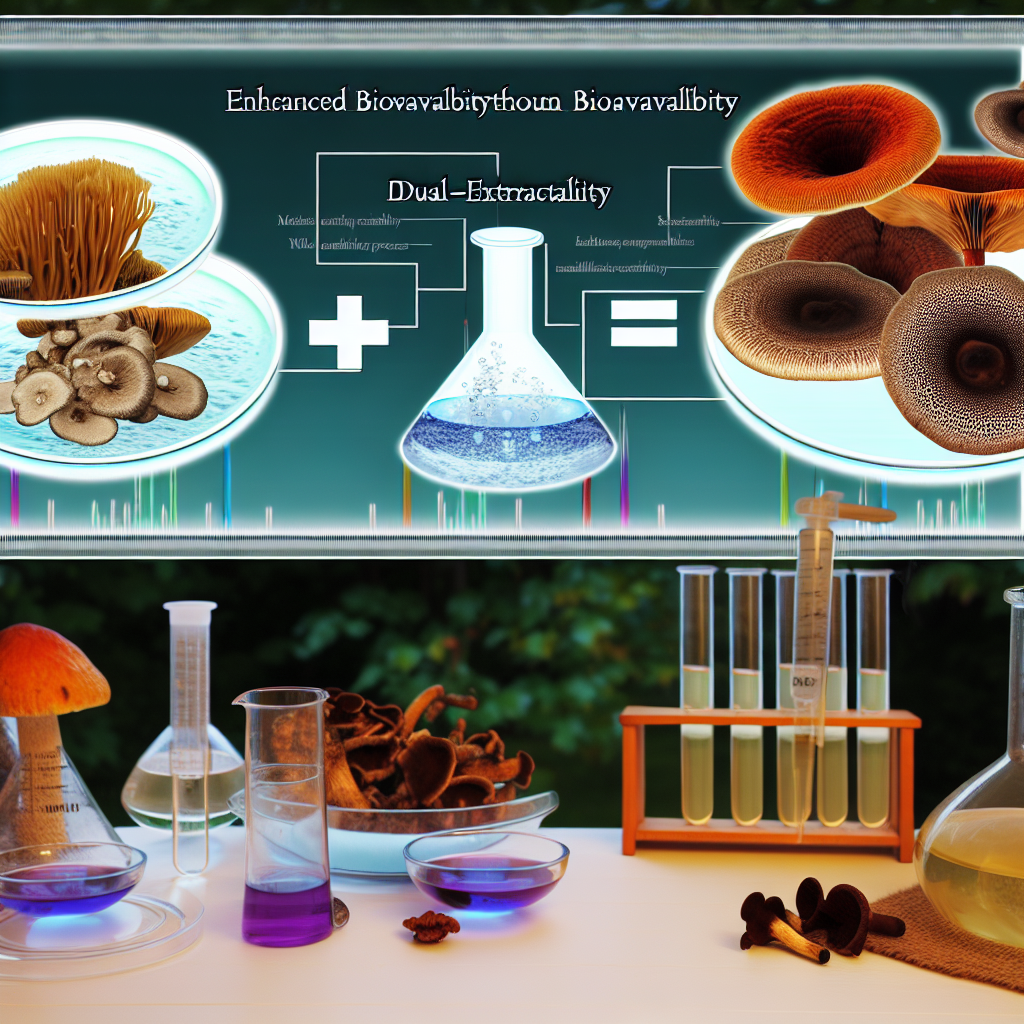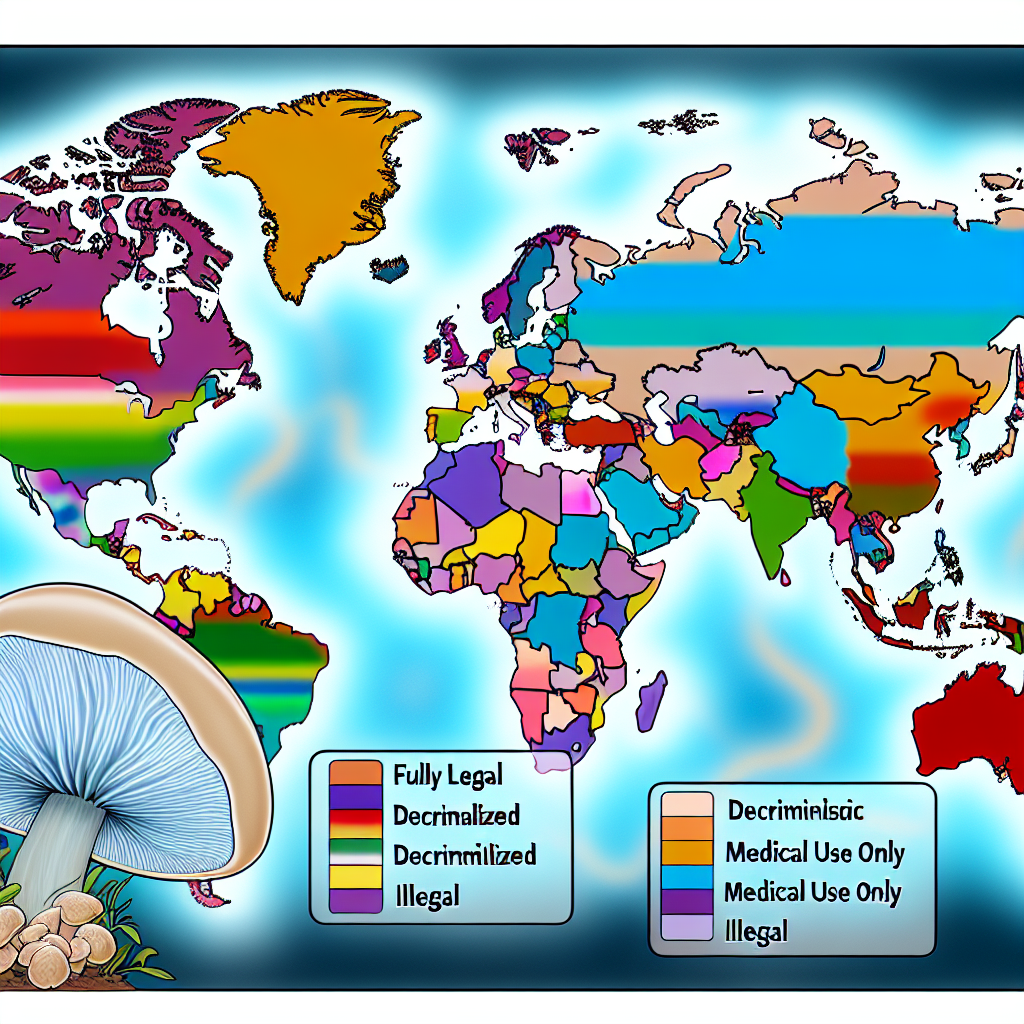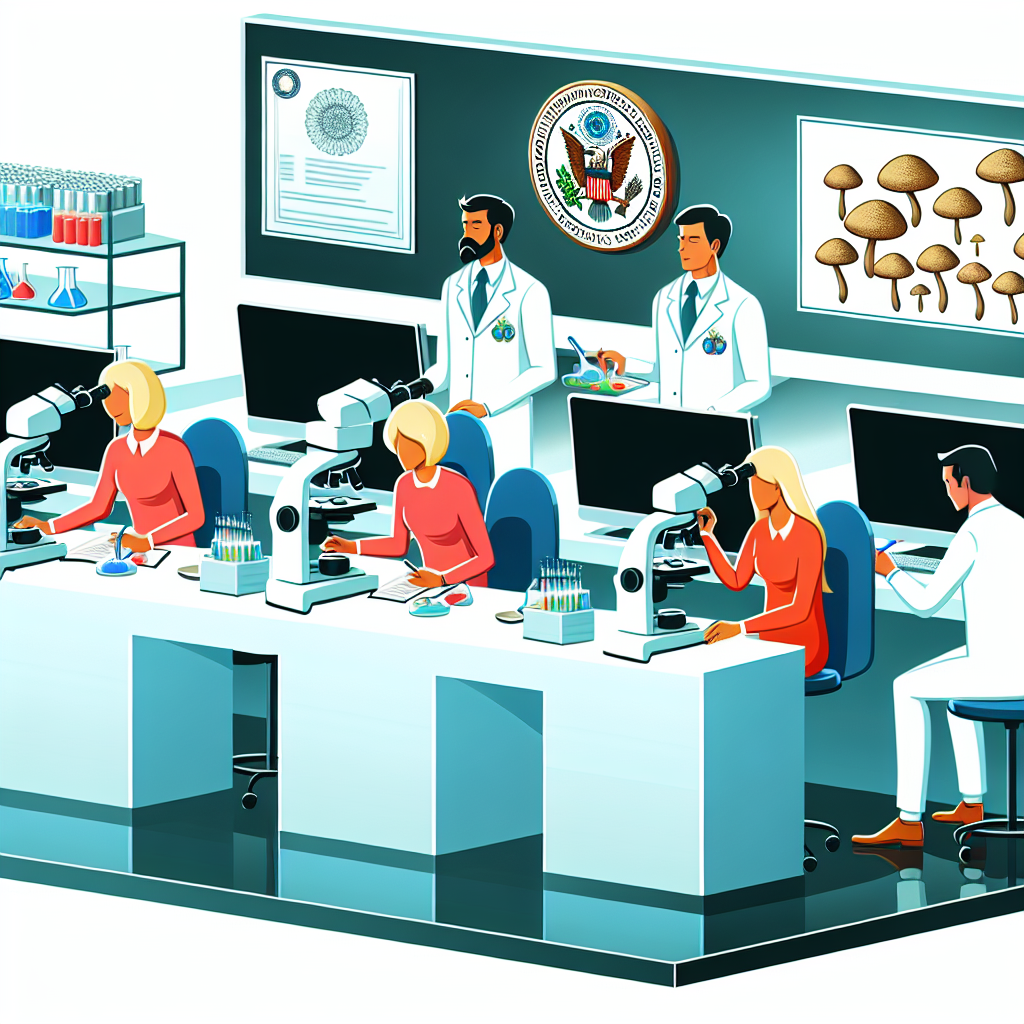Statewide Decriminalization Updates: Psilocybin Policy Changes in 2025
A New Era of Healing: Psilocybin’s Journey from Fringe to Medical Mainstream
In recent years, public interest in psilocybin—the active compound found in psychedelic mushrooms—has shifted from countercultural curiosity toward mainstream medical and policy conversations. In 2025, that shift continues gaining momentum with ongoing statewide decriminalization efforts, a growing body of clinical research, and promising community-based pilot programs. Psilocybin, once relegated to the fringes of psychedelic experimentation, is now at the center of a transformative movement in healthcare, policy reform, and wellness culture across the United States.
Psilocybin has drawn attention for its incredible potential in treating mental health disorders such as depression, anxiety, PTSD, addiction, and end-of-life distress. Over the last decade, prominent medical institutions and research centers have produced mounting evidence that supports safe and structured use of psilocybin in therapeutic settings. With mental health crises escalating globally, the urgency to explore innovative treatment options has propelled psilocybin research into high gear—and policymakers are beginning to listen.
Policy Shifts Across the States: 2025’s Decriminalization Highlights
In 2025, several U.S. states are actively updating legislation or considering ballot measures to either decriminalize or legalize psilocybin for therapeutic use. This trend, once limited to progressive municipalities like Denver or Oakland, is now unfolding in states as diverse as Oregon, Colorado, Michigan, California, and Vermont. With the success of Oregon’s legal therapeutic program—Measure 109—serving as a blueprint, more states are shaping their own psilocybin frameworks for safe, professional, and equitable access.
In March 2025, California passed SB 58, officially decriminalizing the personal use and possession of certain natural psychedelics—including psilocybin—for adults over 21. Meanwhile, Colorado continues refining its Natural Medicine Health Act of 2022, which legalized psilocybin therapy statewide and opened the door to regulated treatment centers. Michigan and Vermont are in the final stages of drafting their psilocybin-assisted therapy programs, and other states like Washington and Massachusetts are pushing forward similar legislation.
At stake is more than just legal access: psilocybin policy reform touches on community healing, criminal justice reform, equity in healthcare, and scientific curiosity. As we journey into mid-decade, 2025 is proving to be a historic turning point for psychedelic medicine in America.
Backed by Science: Clinical Studies Driving the Psilocybin Movement
One of the core drivers of psilocybin policy reform is the compelling clinical evidence supporting its therapeutic benefits, particularly for treatment-resistant mental health conditions. A growing number of peer-reviewed studies have confirmed that psilocybin, when administered in controlled, supervised environments, demonstrates high efficacy and low risk.
In a landmark 2021 randomized clinical trial conducted by Johns Hopkins Medicine, researchers found that psilocybin-assisted therapy led to substantial and sustained decreases in depression symptoms in adults. Participants who received two doses of psilocybin, combined with psychotherapy, experienced marked improvements, with more than 70% showing clinical response and over 50% achieving full remission by the end of the study.
Similarly, a 2022 study funded by Compass Pathways across multiple sites in North America and Europe focused on treatment-resistant depression. The results were published in the New England Journal of Medicine, showing psilocybin‘s remarkable ability to significantly reduce depressive symptoms after just one session, without the long-term dependency and side effects seen in traditional antidepressants.
The U.S. FDA has also recognized psilocybin‘s promise by granting it “Breakthrough Therapy” designation—twice—to accelerate the approval process for mental health applications.
Oregon and Colorado Lead the Way: Real-World Implementations
Oregon’s groundbreaking legal therapeutic program, launched through Measure 109, has become a powerful case study for regulated psilocybin therapy. The initiative requires facilitators to undergo extensive training and allows clients to receive guided psilocybin sessions without needing a medical diagnosis. Early anecdotal feedback from providers and patients has been overwhelmingly positive, with the state’s health authority actively assessing and refining the approach.
In Colorado, state officials and advocacy groups are collaborating under the Natural Medicine Health Act to develop a diverse, equity-centered framework. The University of Colorado Anschutz Medical Campus is conducting studies on psilocybin‘s effects on anxiety and PTSD, especially in veterans.
Public Sentiment Shifting: Americans Embrace Psychedelic Reform
With every successful study and legislative milestone, psilocybin moves closer to mainstream adoption as a serious medical therapy. Public perception is changing too. According to a 2024 Pew Research Center survey, nearly 65% of Americans now support legalizing psilocybin for medical use—a dramatic increase from just a decade ago.
Training programs, ethical guidelines, and community-based access models are rapidly expanding to meet demand. The synergy between policy reform and scientific research is constructing a future where psychedelic-assisted healing may become a standard component of mental health care in the United States.
Looking Ahead: 2025 as a Turning Point for Psychedelic Medicine
The evolving legal landscape in 2025 marks a pivotal year for psilocybin policy and medical mushroom treatments. With growing bipartisan support, a robust clinical foundation, and an urgent demand for innovative mental health solutions, psilocybin is stepping into the spotlight as a viable, natural therapeutic alternative.
As more states explore decriminalization and structured therapy programs, the groundwork is being laid for a future where psychedelic-assisted treatments are both accessible and respected in the broader medical community.
Concise Summary
In 2025, several U.S. states are decriminalizing or legalizing psilocybin for therapeutic use, driven by compelling clinical evidence and growing public support. This shift, led by states like Oregon, Colorado, and California, marks a pivotal turning point for psychedelic medicine in America, as psilocybin transitions from fringe to mainstream healthcare.

Dominic E. is a passionate filmmaker navigating the exciting intersection of art and science. By day, he delves into the complexities of the human body as a full-time medical writer, meticulously translating intricate medical concepts into accessible and engaging narratives. By night, he explores the boundless realm of cinematic storytelling, crafting narratives that evoke emotion and challenge perspectives. Film Student and Full-time Medical Writer for ContentVendor.com




